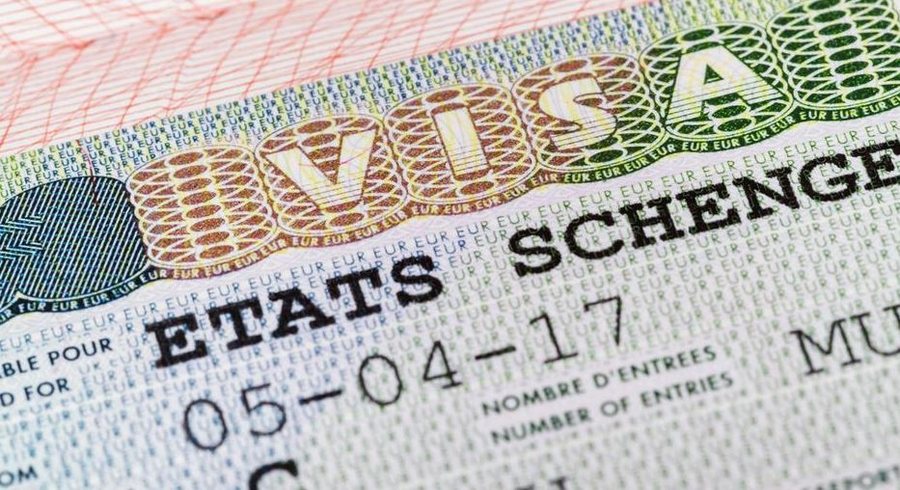Romania and Bulgaria have been granted full Schengen membership, with a caveat!

Romania and Bulgaria's joint journey to join the passport-free Schengen Area ended on Thursday morning as interior ministers from the European Union gave their final blessing to their hard-fought candidacy.
The landmark decision was made possible after Austria, the staunchest opponent, lifted its veto imposed last month during a meeting in Budapest.
"A great victory for Bulgaria, Romania and all of Europe," said the Hungarian presidency of the EU Council, which has made the completion of Schengen a key priority.
As a result, the two eastern countries will join Schengen as of January 1, 2025 as full members, closing the chapter that began in 2011, when the European Commission first determined their readiness for membership.
At the time, many countries, including Germany and France, opposed the joint candidacy. Over time, political opposition gradually eased, leaving the Netherlands and, eventually, Austria as the last obstacle in the long road.
The admission, however, comes with a key caveat, set to somewhat dampen the festivities.
The Budapest agreement provides for the introduction of land border controls between Hungary and Romania and between Romania and Bulgaria for "at least" six months to "prevent any serious threat to public policy and internal security".
The wording of "at least" implies that they can be extended even further.
The concession was intended to assuage Vienna's lingering concerns about irregular migration, which the country has repeatedly used to block the double bid.
This means that the major achievement of Thursday's approval of the permanent removal of passport controls at land borders will not be fully realized and citizens traveling across the border will still risk facing some queues and delays.
The use of border controls to stem migration flows has become increasingly popular across the bloc. Germany, France and the Netherlands are among those who have resorted to the measure in recent months, despite its contested effectiveness.
Saila Heinikoski, a senior researcher at the Finnish Institute of International Affairs (FIIA), says reintroducing border controls could act as a "tool" for politicians to "tell the domestic public that we are doing something".
"Interior border controls may not actually be that invasive, they may just be random checks at the border," Heinikoski said.
The Schengen area, one of the most tangible achievements of European integration, currently includes 29 countries and more than 450 million.

EU ministers reach a compromise on fishing quotas for the Mediterranean!
EU fisheries ministers reached an agreement on fishing limits for 2025 after two days of discussions in Brussels ended on Wednesday night, with disputes over......

A British start-up wants to restore lost Arctic ice with underwater drones!
The team of researchers and engineers from the University of Cambridge's Center for Climate Repair, in collaboration with the British startup Real Ice, are......

Biden miraton memorandumin e sigurisë kombëtare për të udhëhequr administratën Trump mbi kundërshtarët!
Presidenti Joe Biden ka miratuar një memorandum të klasifikuar të sigurisë kombëtare, i krijuar për të shërbyer si një udhërrëfyes për administratën e......

The ECB decides to cut interest rates again: What will happen next and why it matters!
The European Central Bank (ECB) is poised to cut its deposit rate by 25 basis points to 3% on Thursday, marking the third straight cut in borrowing costs as......

Komisioni propozon masa për të rritur ndikimin e fermerëve në zinxhirin e furnizimit ushqimor!
Ekzekutivi i BE-së zbuloi masat për të forcuar fuqinë negociuese të fermerëve përgjatë zinxhirit të furnizimit me ushqime, duke kërkuar të barazojë fuqinë......

The EU imposes new sanctions on Russia targeting the "shadow fleet" of oil tankers!
The European Union on Wednesday issued new sanctions against Russia, targeting the "shadow fleet" of tankers that Moscow has set up to circumvent Western......

Foreign direct investments increase slightly - BSH: 20% of them in the real estate sector
The value of foreign direct investments reached 412 million euros at the end of the third quarter, almost at the same level as the July-September period of......

"Villages, growing with agrotourism as an alternative" - Sokol Duma: To increase investments in the Alps without affecting the protected areas
The package of mountains is generating interest, especially among individuals who see this initiative as a new opportunity for development. This interest......


















